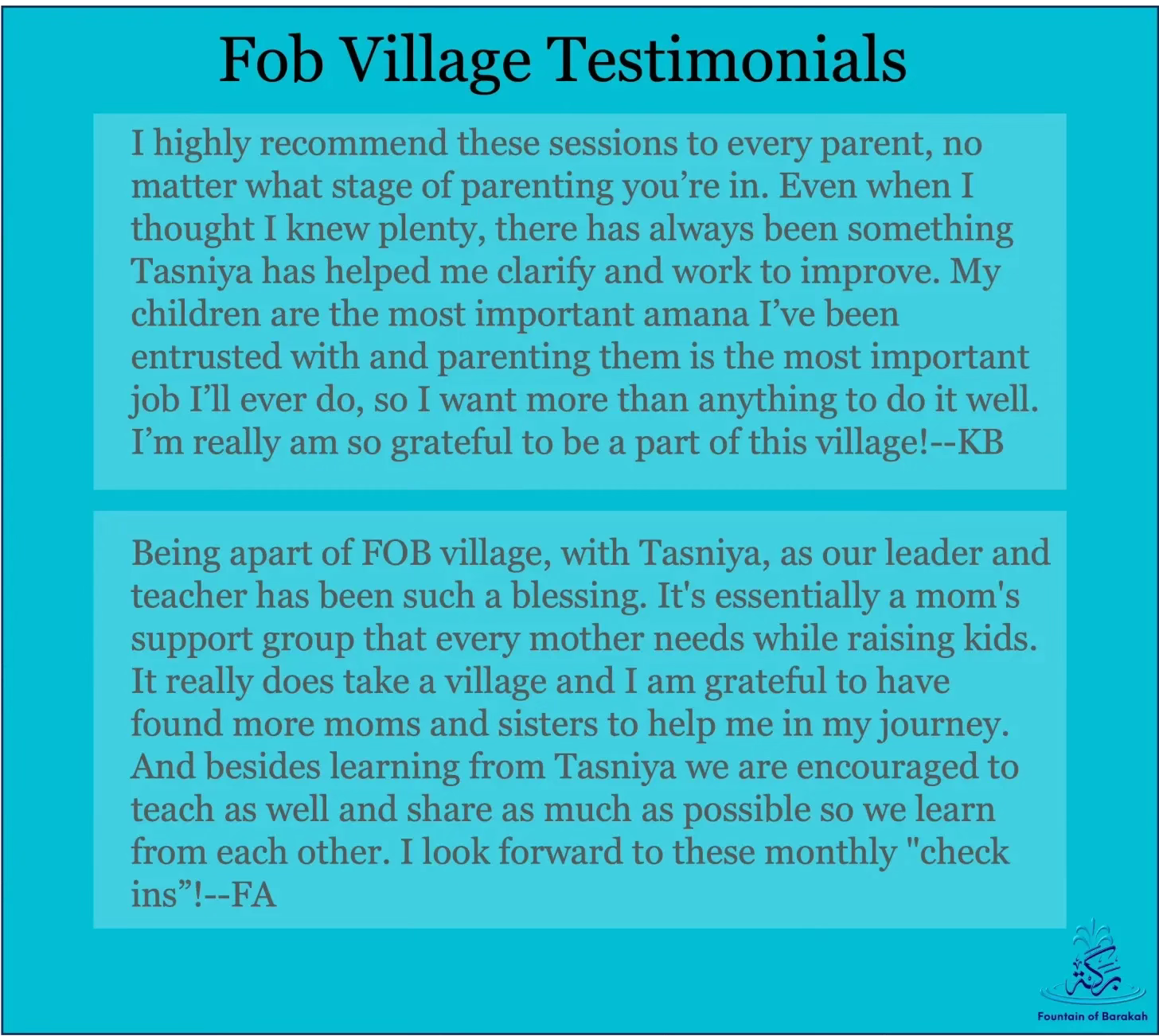Crime and Punishment
Why punishment and reward maybe great tools for quick behavior modification, but may not be the best approach to parenting in the long run.
As-salamu alaykum!
The other day, while on a run and engrossed in my audiobook, I was startled by the sudden sound of barking. Looking to my right, I saw a dog so close that I could have reached out and touched it. Instinctively, I picked up my pace. As I sped away, I realized there had been nothing between me and the dog—no leash, no fence—yet it had not pursued me. The reason? An invisible fence. The dog had been trained to stay within the boundaries of the lawn through a collar that delivered a shock whenever it approached the perimeter, enforcing the limits of its movement.

Reflecting on this, I realized this method of behavior modification mirrors the way we often discipline our children—through punishment. For generations, punishment has been a cornerstone of parenting. Many of us instinctively resort to approaches such as yelling, scolding, nagging, threatening, shaming, time-outs, withholding affection, taking away privileges, or even corporal punishment. If we reflect on our own childhoods, we may recall being on the receiving end of similar tactics. These methods are effective in the short term—children quickly change their behavior to stop the punishment, much like the dog halting at the invisible fence to avoid a shock. If we are consistent in administering punishment, children may eventually modify their behavior to avoid negative consequences, just as the dog learns to stay within its boundaries after repeated exposure to the shocks.
If punishment is effective, relatively easy to implement, and has been used for generations, why isn’t it the magic bullet for raising well-behaved children? There are several reasons why it falls short as a parenting tool. The most obvious is consistency—for punishment to effectively modify behavior, a child must reliably associate the consequence with the undesirable action. But how many undesirable behaviors does a young child engage in daily? Are we constantly monitoring them? Unlike an invisible fence that delivers a shock every time the dog crosses the boundary, parents are not omnipresent enforcers. A child may not receive punishment every time they misbehave, weakening the association and making the approach less effective.
So why do parents continue to rely on punishment? Largely because it yields immediate compliance. Most parents are not meticulously following a structured punishment regimen to modify behavior over time; rather, they react in frustration to a child’s actions. Whether it’s a yell, a scolding, or a time-out, punishment is often delivered in a moment of emotional dysregulation. While we may later justify our actions as necessary discipline, if we are truly introspective, we may recognize that in those moments, we were not guiding our children—we were venting our frustration. At its core, punishment in these instances is less about teaching and more about reacting.
If disciplining children while we ourselves are emotionally dysregulated leads to impulsive reactions we may later regret, why do we feel the urge to act immediately? This inclination is rooted in the immediacy principle, which suggests that for punishment to effectively alter behavior, it must be administered as soon as the behavior occurs. For example, a dog must receive a shock the moment it approaches the boundary to learn to stay within the lawn. This principle has been successfully used to train animals to perform impressive feats—playing ping-pong, riding skateboards, even driving cars. However, training animals relies on immediate feedback because we lack the ability to communicate complex expectations to them. With our children, we have an advantage—we can communicate. Unlike animals, children can understand explanations, discussions, and delayed consequences. This means that we don’t need to address every misbehavior in the heat of the moment. Instead, we can wait until both the child and the parent are calm and emotionally regulated, creating space for constructive conversation.
Beyond its shortcomings as a long-term behavior modification strategy, punishment also carries deeper psychological consequences that can damage the parent-child relationship. As Jane Nelson describes in Positive Discipline, punishment often results in one of four responses:
Resentment – “This is unfair. I can’t trust adults.”
Revenge – “They are winning now, but I’ll get even.”
Rebellion – “I’ll do just the opposite to prove I don’t have to do it their way.”
Retreat – Which manifests as:
Sneakiness – “I won’t get caught next time.”
Reduced self-esteem – “I am a bad person.”
Thus, punishment can lead to new behavioral issues, rather than resolving the original problem.
While this discussion has focused on punishment, similar concerns apply to rewards. Punishment and rewards are two sides of the same coin—where punishment deters behavior through discomfort, rewards incentivize behavior through external reinforcement. Just as a seal learns to perform tricks in exchange for fish, children can be trained to behave in certain ways through consistent rewards. However, over-reliance on rewards conditions children to seek external validation, potentially undermining the development of internal motivation and self-driven decision-making.
A Better Approach to Discipline
If neither punishment nor rewards are ideal, how should we address behavioral challenges with our children? The solution begins with a shift in perspective—recognizing that our children are inherently good. If they are not deliberately trying to frustrate us, why do they misbehave?
Dr. Becky Kennedy, author of Good Inside, explains that what we perceive as misbehavior is often a child struggling with overwhelming emotions using underdeveloped coping skills. Similarly, Positive Discipline describes this through the lens of misguided goals—children aim to achieve a particular outcome but use ineffective strategies due to inexperience and a lack of learned behavior.
With this understanding, the logical response is not to punish but to collaborate with our children to help them navigate their emotions and challenges. This problem-solving approach is a key tenet of positive discipline and other attachment-based parenting philosophies. Instead of punishing a child for acting out, we can:
Help them regulate their emotions – A dysregulated child is incapable of reasoning or learning. Helping them calm down first is essential.
Understand the root cause – What is driving the behavior? Are they tired, hungry, frustrated, overwhelmed?
Teach them a better response – Guide them toward a healthier way to express their needs and emotions.
This method requires more time and effort than a quick punishment or reward, but as we’ve seen, quick fixes rarely yield long-term benefits. If our goal is to raise thoughtful, emotionally intelligent, and self-motivated individuals, investing in this approach is worthwhile.

So, the next time your child throws a tantrum or misbehaves, take a deep breath. Remind yourself that this is a good child struggling to regulate their emotions—not a little demon out to make your life miserable. Instead of reacting with punishment, consider responding with guidance and support. And most importantly, resist the urge to discipline in ways better suited for training circus monkeys.
Further Learning & Discussion
For a deeper dive into this topic, here are two insightful resources:
Dr. Becky Kennedy’s full interview on the Huberman Lab podcast – A thought-provoking discussion on alternatives to traditional rewards and punishments, emphasizing skill-building and strengthening the parent-child bond.
Punishment on Trial – A guide advocating for the structured and effective use of punishment in child discipline.
I’d love to hear your thoughts! Do you agree or disagree with the perspectives shared in these resources? Leave a comment below and join the conversation.
As you know, we offer monthly group coaching sessions through Fob Village. If you’d like to be part of this incredible community of parents, I highly encourage you to join us! You’ll gain valuable parenting tools and skills to help you show up as a more confident parent and leader for your child, inshaAllah.
Check out some of the testimonials from members of the Fob Village! We can’t wait to welcome you into our community so we can grow together through our monthly group coaching sessions, inshaAllah!
We’re excited to announce that both authors of the book Positive Parenting in the Muslim Home will be joining our book club discussion in April! This is a fantastic opportunity to have your parenting questions answered directly by the authors. We’re personally looking forward to this discussion session and can’t wait to learn from these experts in the field of positive parenting, inshaAllah!
If you’d like to learn more about our work, please check out our website.
As an Amazon Associate I earn from qualifying purchases.






